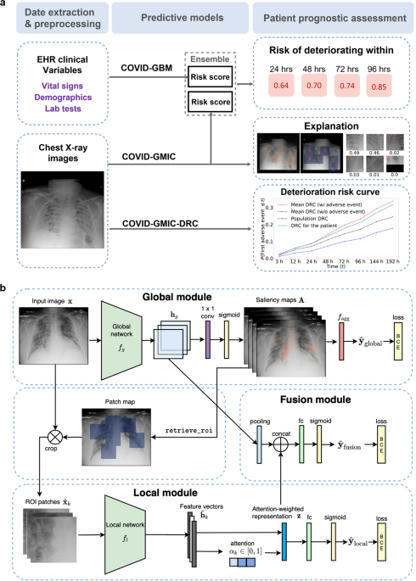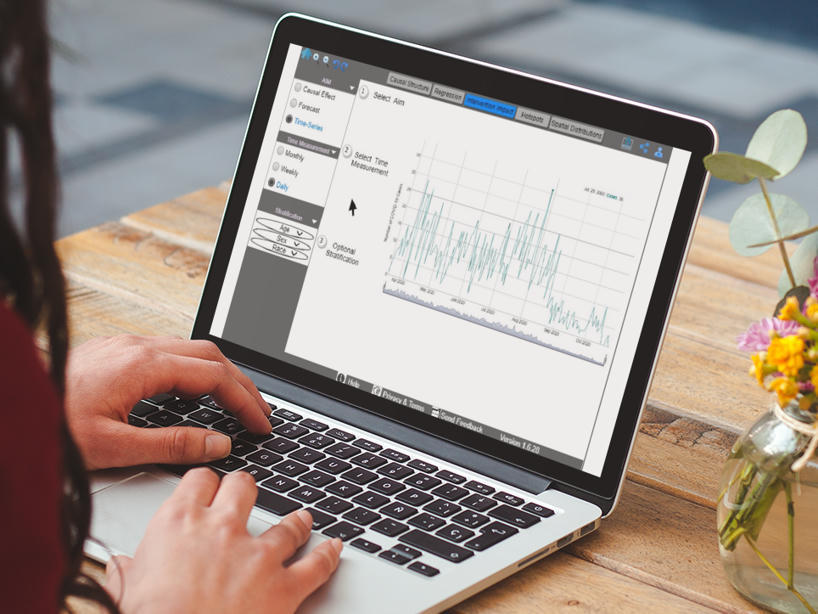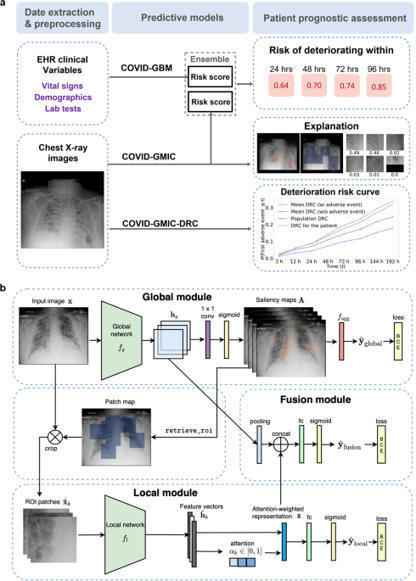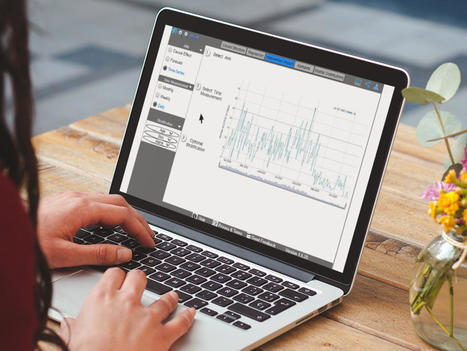COVID-19

We discuss the concept of a participatory digital contact notification approach to assist tracing of contacts who are exposed to confirmed cases of coronavirus disease (COVID-19);
The core functionality of our concept is to provide a usable, labor-saving tool for contact tracing by confirmed cases themselves
the approach is simple and affordable for countries with limited access to health care resources and advanced technology.
The proposed tool serves as a supplemental contract tracing approach to counteract the shortage of health care staff while providing privacy protection for both cases and contacts.
- This tool can be deployed on the internet or as a plugin for a smartphone app.
- Confirmed cases with COVID-19 can use this tool to provide contact information (either email addresses or mobile phone numbers) of close contacts.
- The system will then automatically send a message to the contacts informing them of their contact status, what this status means, the actions that should follow (eg, self-quarantine, respiratory hygiene/cough etiquette), and advice for receiving early care if they develop symptoms.
- The name of the sender of the notification message by email or mobile phone can be anonymous or not.
- The message received by the contact contains no disease information but contains a security code for the contact to log on the platform to retrieve the information.
Conclusion
The successful application of this tool relies heavily on public social responsibility and credibility, and it remains to be seen if the public would adopt such a tool and what mechanisms are required to prevent misuse.
This is a simple tool that does not require complicated computer techniques despite strict user privacy protection design with respect to countries and regions. Additionally, this tool can help avoid coercive surveillance, facilitate the allocation of health resources, and prioritize clinical service for patients with COVID-19. Information obtained from the platform can also increase our understanding of the epidemiology of COVID-19.
read this concept paper at https://mhealth.jmir.org/2020/6/e20369
Lire l'article complet sur : mhealth.jmir.org

The COVID-19 pandemic is the greatest public health crisis of the last 100 years. Countries have responded with various levels of lockdown to save lives and stop health systems from being overwhelmed. At the same time, lockdowns entail large socioeconomic costs.
One exit strategy under consideration is a mobile phone app that traces the close contacts of those infected with COVID-19.
Recent research has demonstrated the theoretical effectiveness of this solution in different disease settings. However, concerns have been raised about such apps because of the potential privacy implications. This could limit the acceptability of app-based contact tracing in the general population. As the effectiveness of this approach increases strongly with app uptake, it is crucial to understand public support for this intervention.
Objective: The objective of this study is to investigate the user
acceptability of a contact-tracing app in five countries hit by the pandemic.
Methods: We conducted a largescale, multicountry study (N=5995) to measure public support for the digital contact tracing of COVID-19 infections.
We ran anonymous online surveys in France, Germany, Italy, the United Kingdom, and the United States and measured intentions to use a contact-tracing app across different installation regimes (voluntary installation vs automatic installation by mobile phone providers) and studied how these intentions vary across individuals and countries.
Results: We found strong support for the app under both regimes, in all countries, across all subgroups of the population, and irrespective of regional-level COVID-19 mortality rates.We investigated the main factors that may hinder or facilitate uptake and found that concerns about cybersecurity and privacy, together with a lack of trust in the government, are the main barriers to adoption.
Conclusions:
Epidemiological evidence shows that app-based contact tracing can suppress the spread of COVID-19 if a high enough proportion of the population uses the app and that it can still reduce the number of infections if uptake is moderate. Our findings show that the willingness to install the app is very high. The available evidence suggests that app-based contact tracing may be a viable approach to control the diffusion of COVID-19.
read the study at https://mhealth.jmir.org/2020/8/e19857
Lire l'article complet sur : mhealth.jmir.org

During the coronavirus disease 2019 (COVID-19) pandemic, rapid and accurate triage of patients at the emergency department is critical to inform decision-making.
We propose a data-driven approach for automatic prediction of deterioration risk using a deep neural network that learns from chest X-ray images and a gradient boosting model that learns from routine clinical variables.
Our AI prognosis system, trained using data from 3661 patients, achieves an area under the receiver operating characteristic curve (AUC) of 0.786 (95% CI: 0.745–0.830) when predicting deterioration within 96 hours.
The deep neural network extracts informative areas of chest X-ray images to assist clinicians in interpreting the predictions and performs comparably to two radiologists in a reader study. In order to verify performance in a real clinical setting, we silently deployed a preliminary version of the deep neural network at New York University Langone Health during the first wave of the pandemic, which produced accurate predictions in real-time.
In summary, our findings demonstrate the potential of the proposed system for assisting front-line physicians in the triage of COVID-19 patients.
read the open article at https://www.nature.com/articles/s41746-021-00453-0
Lire l'article complet sur : www.nature.com

COVID-19 is impacting people worldwide and is currently a leading cause of death in many countries. Underlying factors, including Social Determinants of Health (SDoH), could contribute to these statistics. Our prior work has explored associations between SDoH and several adverse health outcomes (eg, asthma and obesity). Our findings reinforce the emerging consensus that SDoH factors should be considered when implementing intelligent public health surveillance solutions to inform public health policies and interventions.
Objective: This study sought to redefine the Healthy People 2030’s SDoH taxonomy to accommodate the COVID-19 pandemic. Furthermore, we aim to provide a blueprint and implement a prototype for the Urban Population Health Observatory (UPHO), a web-based platform that integrates classified group-level SDoH indicators to individual- and aggregate-level population health data.
Methods: The process of building the UPHO involves collecting and integrating data from several sources, classifying the collected data into drivers and outcomes, incorporating data science techniques for calculating measurable indicators from the raw variables, and studying the extent to which interventions are identified or developed to mitigate drivers that lead to the undesired outcomes.
Results: We generated and classified the indicators of social determinants of health, which are linked to COVID-19. To display the functionalities of the UPHO platform, we presented a prototype design to demonstrate its features. We provided a use case scenario for 4 different users.
Conclusions: UPHO serves as an apparatus for implementing effective interventions and can be adopted as a global platform for chronic and infectious diseases. The UPHO surveillance platform provides a novel approach and novel insights into immediate and long-term health policy responses to the COVID-19 pandemic and other future public health crises. The UPHO assists public health organizations and policymakers in their efforts in reducing health disparities, achieving health equity, and improving urban population health.
access the study at https://publichealth.jmir.org/2021/6/e28269/
Lire l'article complet sur : publichealth.jmir.org





